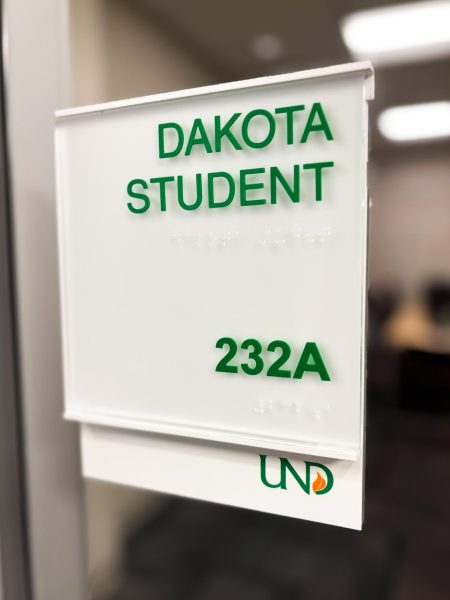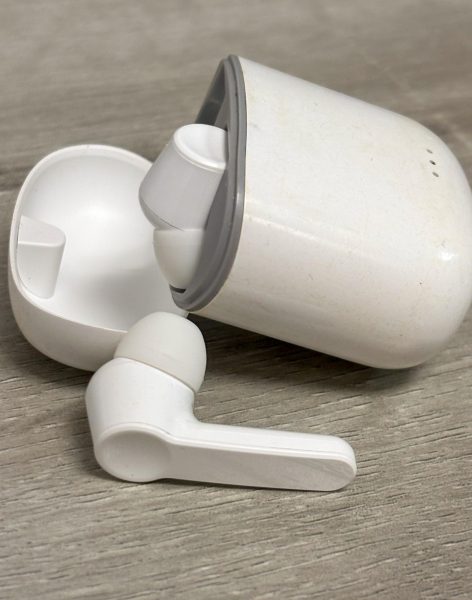Getting a pet responsibly
I have two cats — I love them dearly and am so incredibly happy to have them.
Dinah was adopted from a shelter after it was recommended I get a therapy animal to help with my anxiety. Sophie was found in a dumpster by one of my mother’s students. She joined Dinah and me when she began fighting with my mother’s cats. She and Dinah get along famously, though.
Though I revel in telling my girls’ “origin stories,” I often gloss over the amount of planning that went into getting a pet. Even Sophie, who was kind of an accident, involved a lot of thought.
I am someone who truly believes pets become part of the family, and it never sits right with me when I see someone who’s not ready for the responsibility take a pet home. Whether it’s an impulse buy from the pet store or a stray that happened across your path, pet ownership is an important responsibility.
I worry because I see many peers put less thought into getting a pet than they do on the outfit they’ll wear tomorrow. Considering that pjs are perfectly acceptable attire for many classes at UND, this is especially concerning.
Off the top of your head, try to you answer these questions: d\Does your place of living allow pets? How much can you afford to spend on pet fees ranging from vet bills to food? How much attention can you devote to your pet? Do your roommates know/approve of said possible pet? What would you do if you develop allergies to your pet?
If you can’t answer these questions (and many more) rapid-fire, then you’re probably not ready.
Before I adopted Dinah, I had everything in place — I knew what kinds of vet bills I’d need to cover every year. I had gone through the paperwork necessary to have a cat in my apartment. (At the time, I lived in housing that didn’t accept pets, but because I needed a therapy animal, the company was willing to bend the rules provided I cooperated with their needs as well.) I knew how old of a cat I was looking for. I knew which shelters I wanted to work with. I even had a contingency plan that outlines what to do should I no longer be able to care for Dinah (and now Sophie as well).
I was ready, and Dinah was able to transition from a shelter to a home that was ready for her.
Sophie’s story shows the other way to responsibly attain a pet. She was a stray in need of a home.
Since my parents live near an area where many people dump unwanted kittens, my mother already had plans in place. If there was room on the farm (and the new addition was healthy and played well with others), then viola! A home has been found. But for animals didn’t get along with my mother’s pets or animals that my mother doesn’t have experience with (like dogs), my mother has people she can contact who are looking for a pet.
She even works with a couple of the local veterinarians who double as shelters to help rehome cats otherwise labeled “unadoptable.”
In Sophie’s case, we did a couple of trial runs with her at my place before the move was permanent. If it didn’t work out with me and Dinah, my mother had a colleague who was also looking for a cat. A few months later, he ended up with a former show cat who oozes affection. There was nothing spur-of-the-moment about it.
Pets are huge responsibilities, whether cats or rats or dogs or even goldfish. Have a plan. Even if you don’t want a pet, be ready for the possible stray that crosses your path.
Just know what you’re getting into — research and make an informed decision. I don’t care how cute the puppy staring at you in the pet store is — if you have any doubt whether you can give him a good home, walk away.
Pets are for life. You will be their sole provider, their rock, their best bud. They may not be human, but they have needs. If you can’t provide those needs while still providing for yourself, hold off on bringing Fluffy into your home.
Kjerstine Trooien is a staff writer of The Dakota Student. She can be reached at kjerstine.trooien@my.und.edu.






